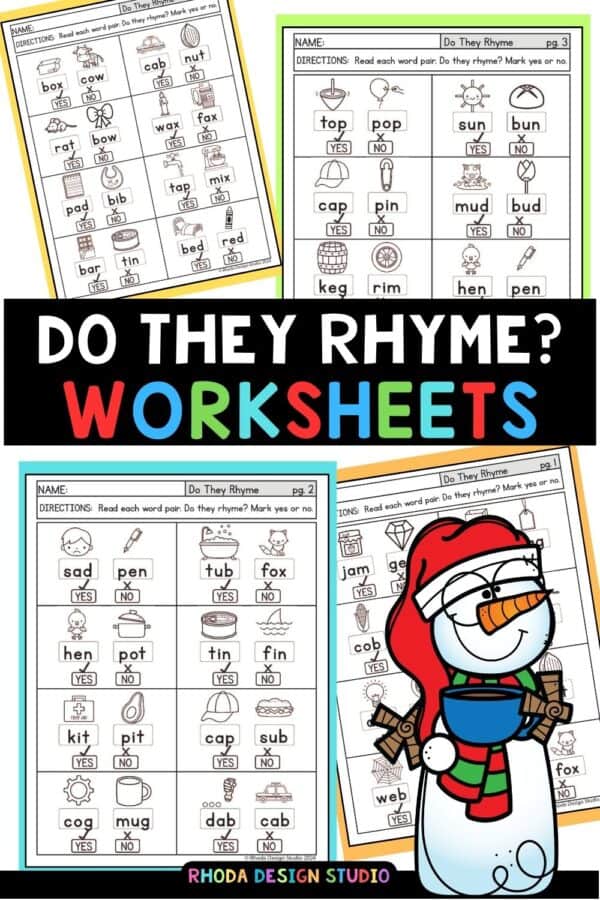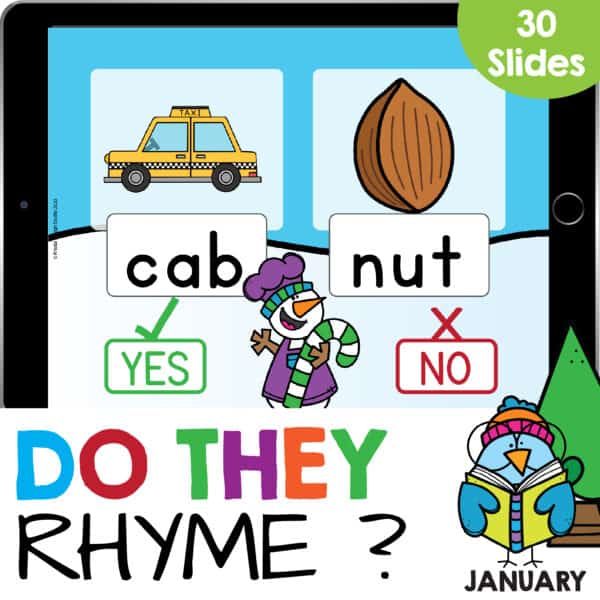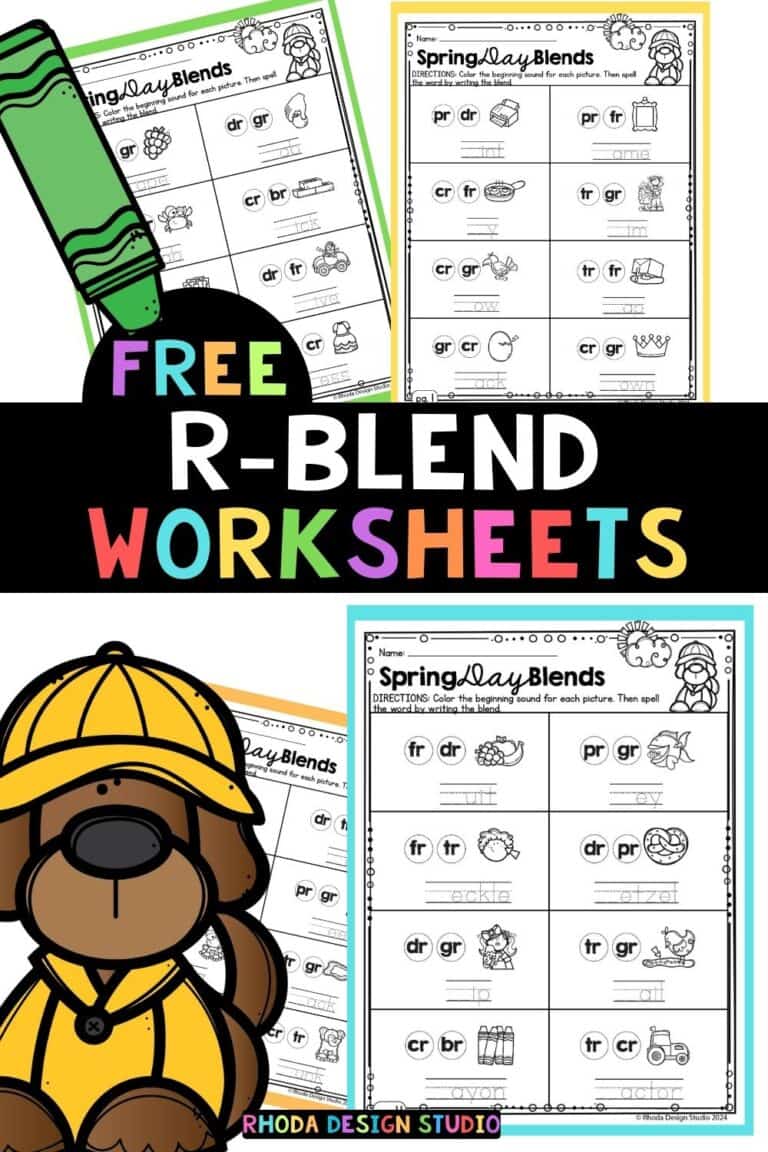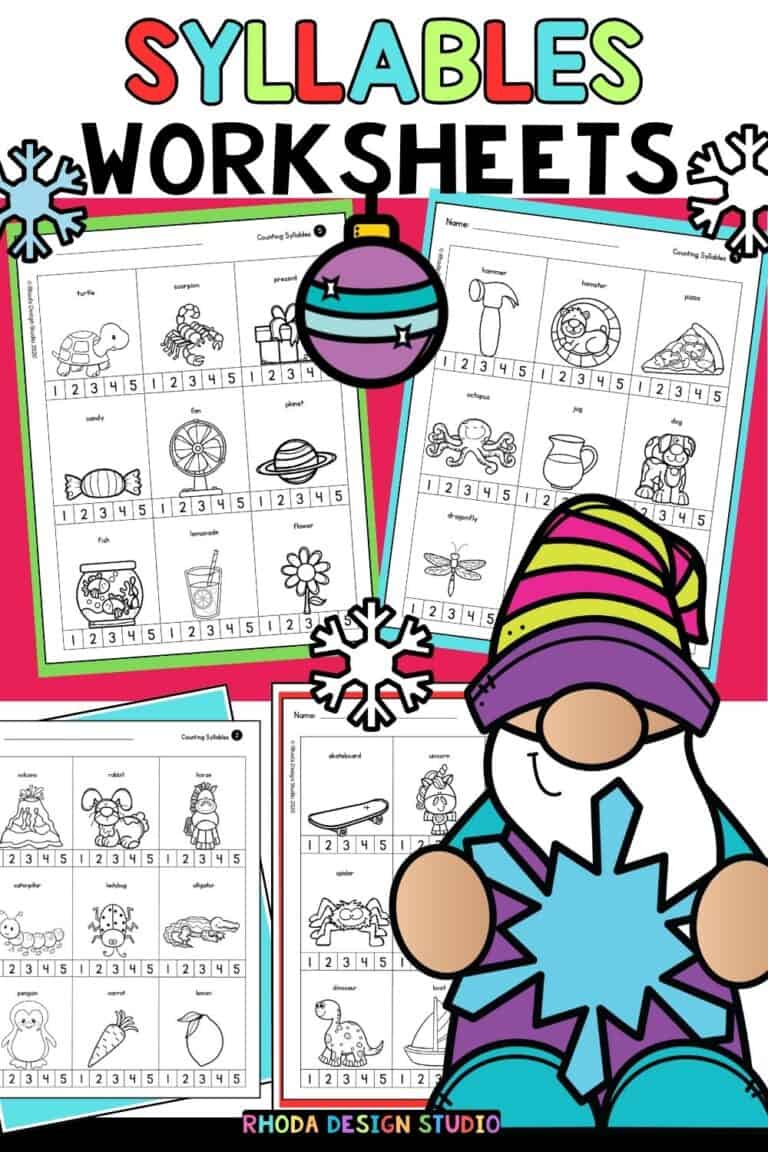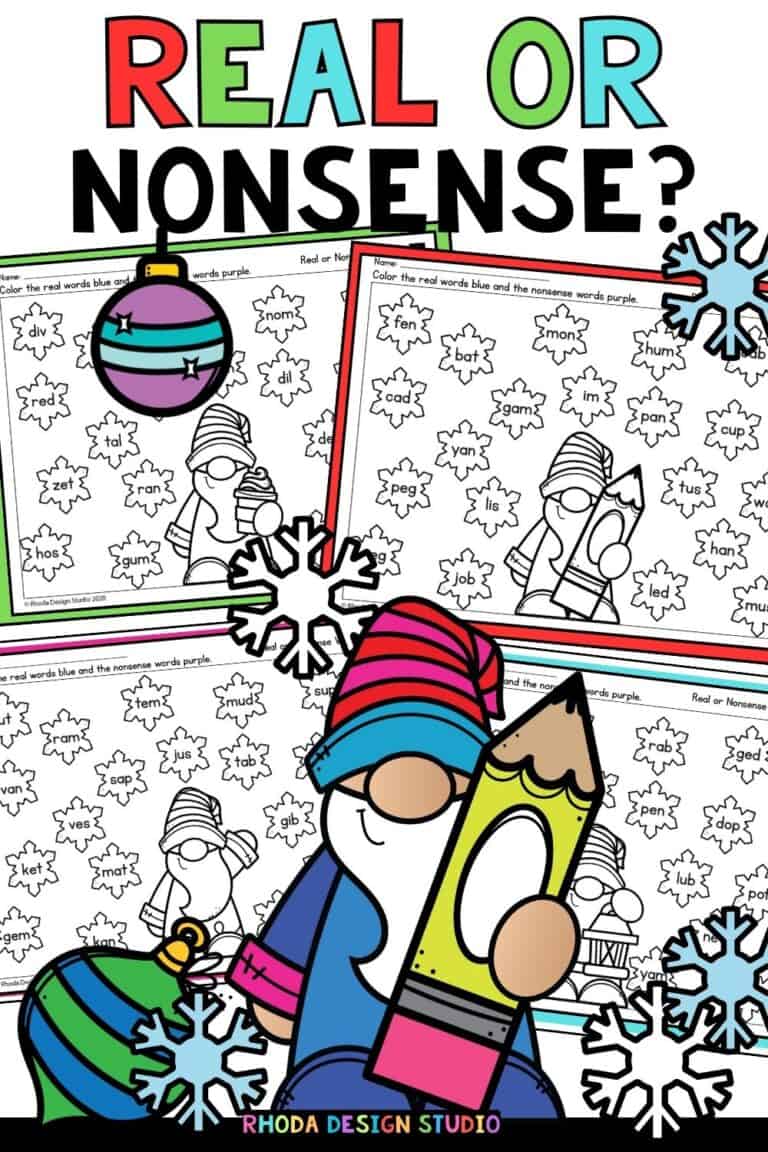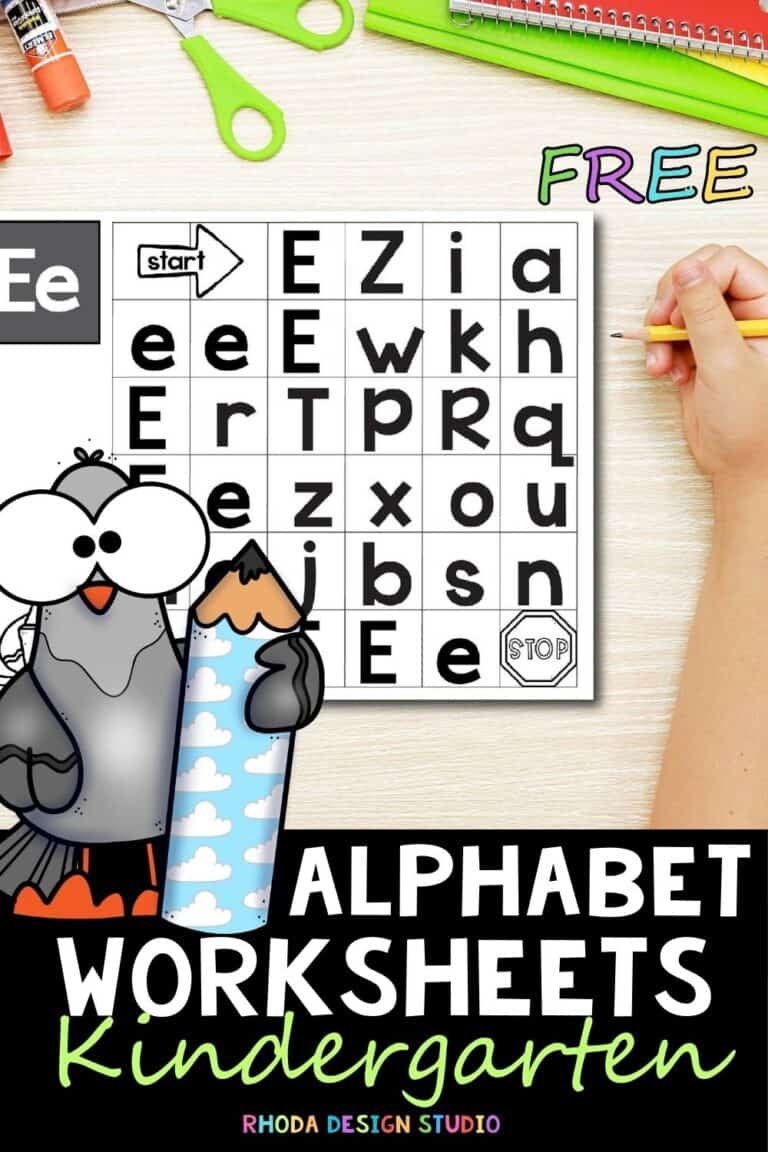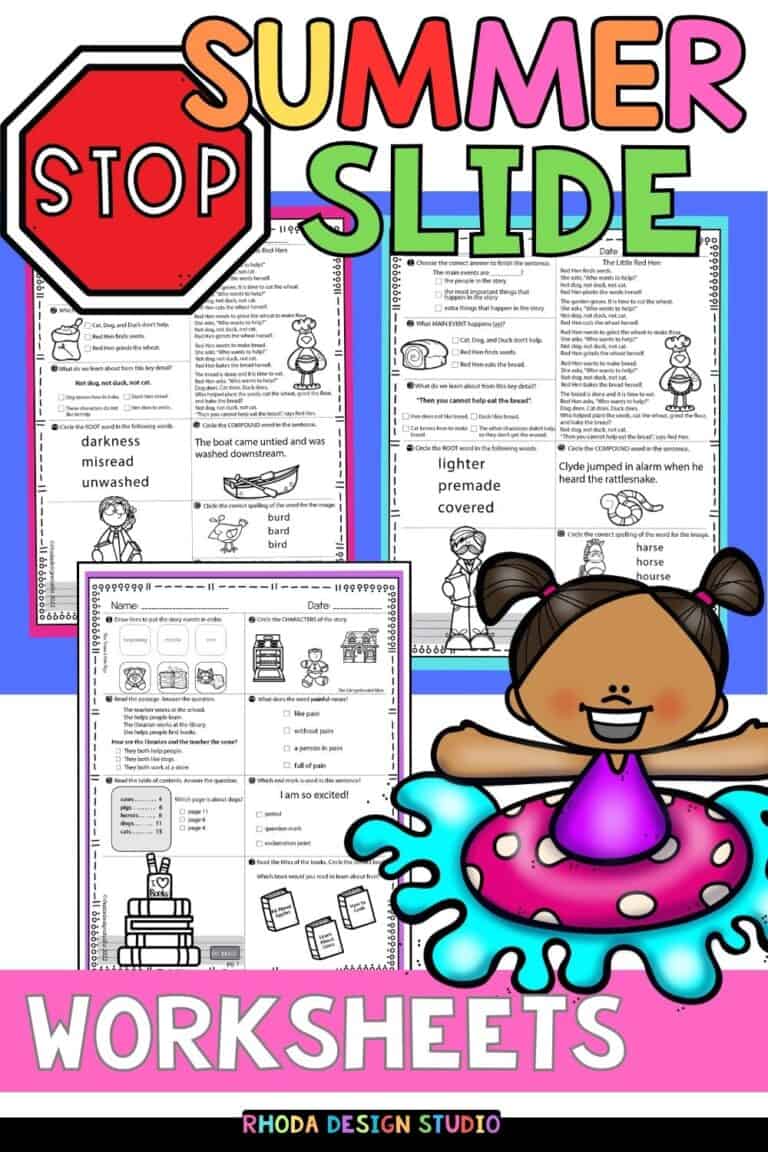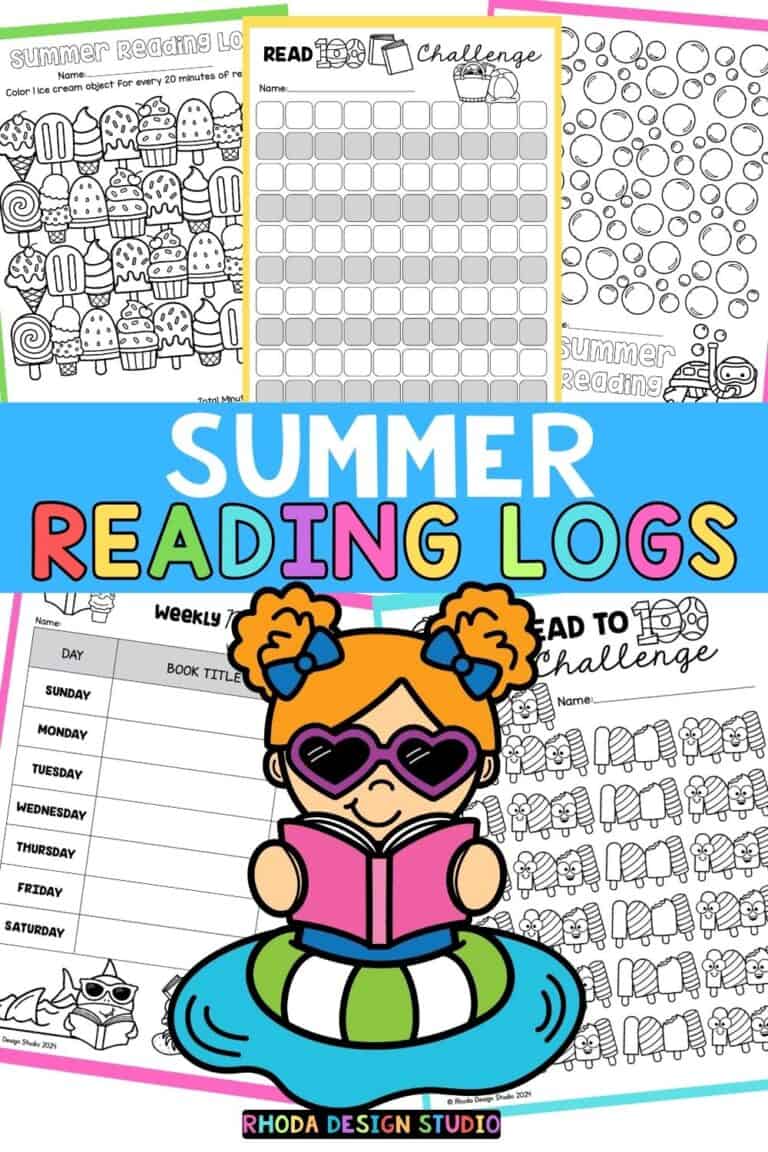Do They Rhyme: Free CVC Word Worksheets
Rhyming is more than just a fun activity; it’s a cornerstone of early literacy development. When children engage in rhyming exercises, they’re honing their ability to hear, identify, and manipulate the individual sounds in words, also known as phonemic awareness. This skill is critical for decoding new words and is a precursor to successful reading and writing.
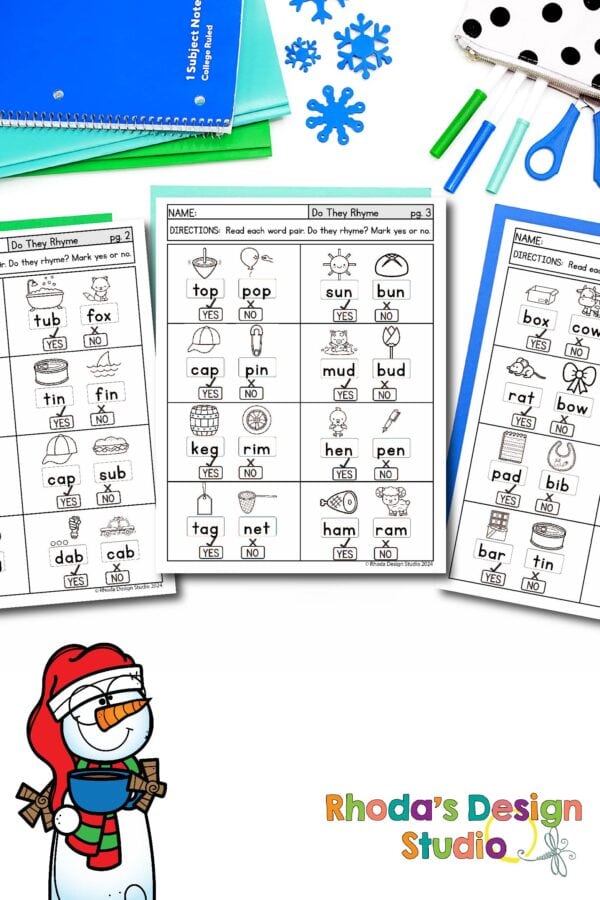
- Builds Phonemic Awareness: Rhyming helps children recognize and play with sounds in words, a crucial step in learning to read.
- Enhances Vocabulary: Exposing kids to rhyming words naturally expands their vocabulary.
- Improves Memory and Recall: Rhymes make it easier for children to remember and retrieve words.
- Fosters a Love for Language: Fun and engaging rhyming activities create a positive association with learning.
Rhyming aids in the development of phonological processing skills. Children who can recognise and produce rhyming words are better equipped to understand the alphabetic principle, linking sounds to letters, which is essential for reading fluency. Rhyming activities also boost auditory discrimination, enabling young learners to distinguish between different sounds and words, further promoting language comprehension and articulation.
Additionally, rhyming nurtures creativity and cognitive flexibility. It encourages children to explore language patterns and sound structures, laying a robust foundation for more complex linguistic tasks ahead. Overall, integrating rhyming into early literacy practices equips children with the essential tools they need for a lifelong love of reading and learning.
Reading Standards
- RF.K.2a Recognize and produce rhyming words.
- RF.K.3 Know and apply grade-level phonics and word analysis skills in decoding words.
- L.K.5 With guidance and support from adults, explore word relationships and nuances in word meanings
Kindergarten Reading Skills include:
- read CVC words
- rhyming with word families
- phonemic awareness
Do They Rhyme Worksheets
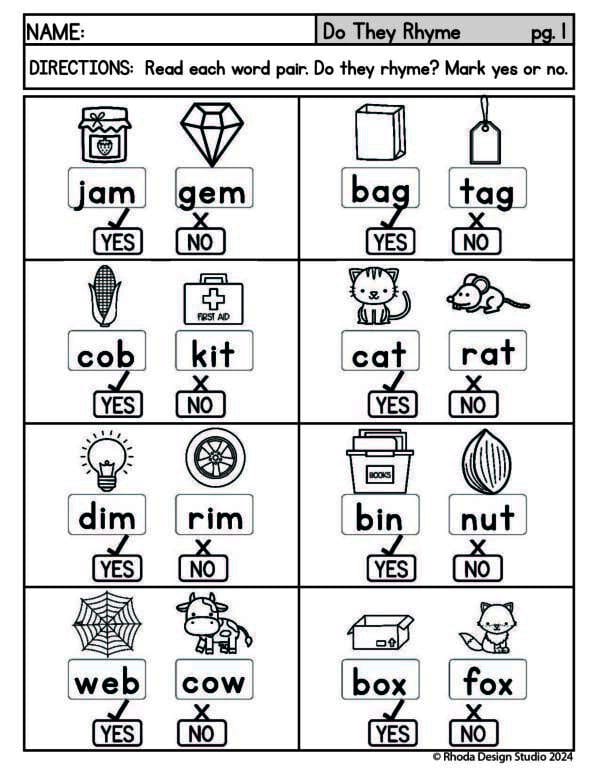
Do They Rhyme Pg 1
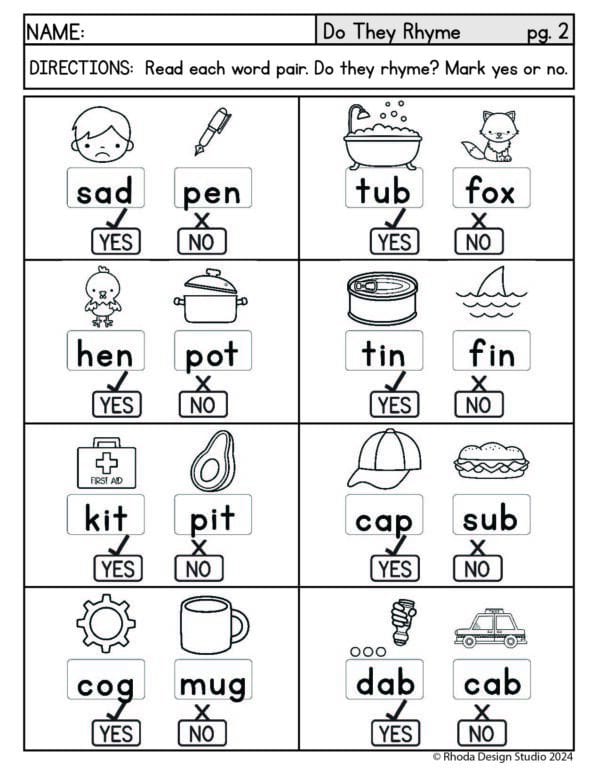
Do They Rhyme Pg 2
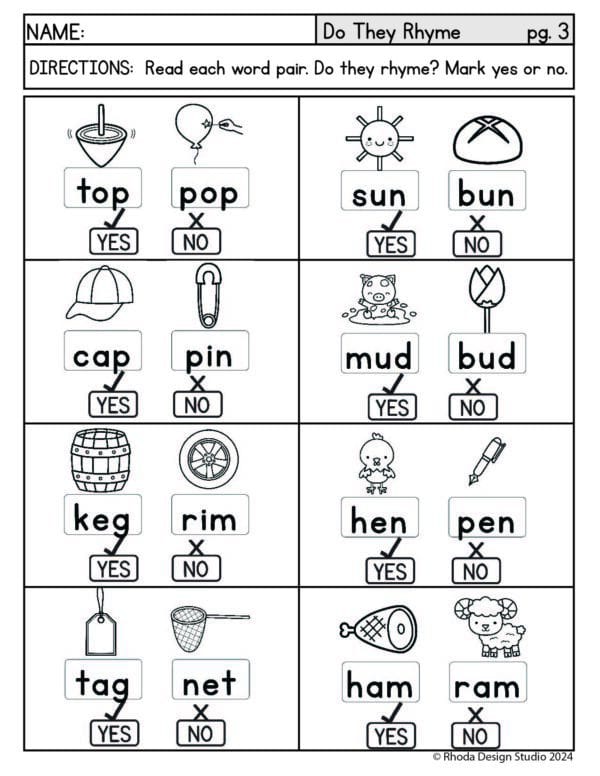
Do They Rhyme Pg 3
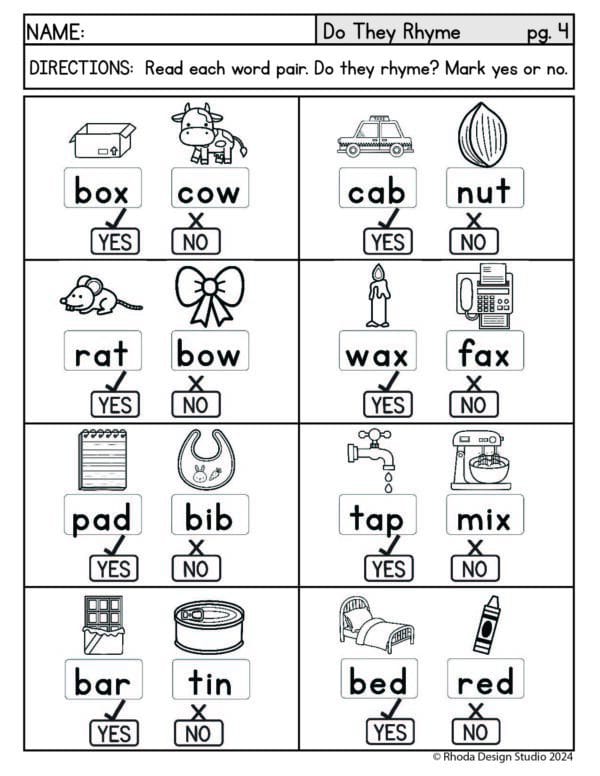
Do They Rhyme Pg 4
Google Slides Practice
Kids need repeated practice with rhymes to become familiar with the sounds of words. Identifying rhymes is a critical step to help increase reading fluency and building confident readers.
Students read two CVC words and determine if they rhyme. Then they mark “yes” if it rhymes or “no” if it doesn’t rhyme.
Students need to identify rhymes to develop phonological and phonemic awareness. This is also very important for our ELL learners.
Your students will enjoy using their digital devices while completing this interactive literacy center and word work resource.
If you would like this resource as a BOOM Deck, you can get it here.
